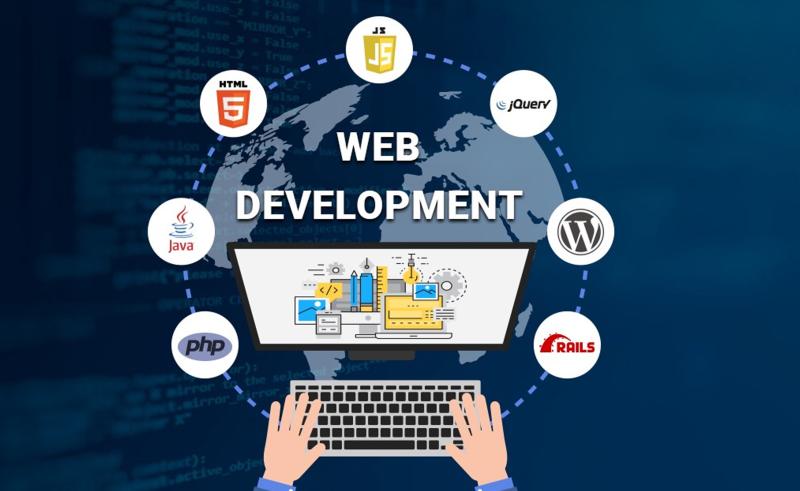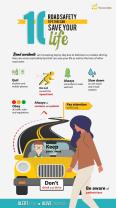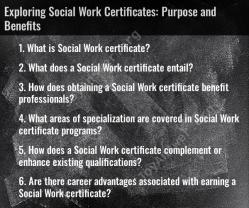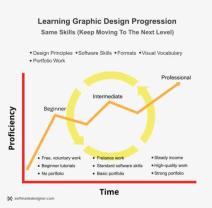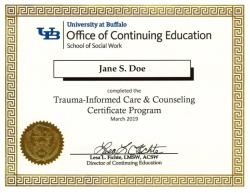What is the age range for the web development course?
Web development courses can cater to a wide range of age groups, and the appropriate age range can depend on the complexity of the course content, the teaching approach, and the prior knowledge required. Here's a general breakdown of age ranges for web development courses:
Early Teens and Up:
- Introduction to Coding: Basic web development courses with a focus on HTML and CSS can be suitable for early teens and up. These courses often use visual programming environments or simplified coding tools to make learning more accessible.
Late Teens and Young Adults:
- Comprehensive Web Development: More comprehensive courses that cover HTML, CSS, JavaScript, and possibly additional technologies like front-end frameworks (e.g., React, Vue) and basic back-end development may be suitable for late teens and young adults. These courses often provide a deeper understanding of web development principles.
College and University Level:
- Advanced Web Development: College and university-level courses can cover advanced topics in web development, including database integration, server-side scripting, and more. These courses are typically designed for students pursuing degrees in computer science, software engineering, or related fields.
Adult Learners and Professionals:
- Professional Development Courses: Web development courses are also suitable for adults looking to switch careers or enhance their skills. Professional development courses often cover the latest technologies and industry best practices.
When considering the appropriate age range, it's essential to consider the course's complexity, prerequisites, and the learning preferences of the target audience. Some web development courses are designed to be beginner-friendly and assume no prior coding experience, making them accessible to a broad age range. Others, especially those covering advanced topics, may require a foundation in programming concepts and a more mature level of understanding.
Online platforms and coding bootcamps often specify the target audience for their courses, making it easier for learners or parents/guardians to choose the most suitable program based on the learner's age and skill level. Additionally, the availability of age-appropriate resources and support, such as engaging visuals, interactive exercises, and community forums, can enhance the learning experience for younger students.
What age group is suitable for enrollment in the web development course?
Determining the most suitable age group for a web development course depends on several factors, including the course's:
Complexity and Depth:
- Beginner courses: These focus on introductory concepts like HTML, CSS, and basic web design principles. They can be suitable for children as young as 8-10 with guidance and support.
- Intermediate courses: These dive deeper into coding languages like JavaScript, front-end frameworks, and backend technologies. They might be more appropriate for teenagers aged 13-17 who have grasped basic computer skills and programming concepts.
- Advanced courses: These delve into specialized areas like full-stack development, cybersecurity, or specific frameworks. They would likely suit older teens or adults seeking professional-level training.
Learning Style and Maturity:
- Visual learners: Courses with drag-and-drop tools and visual coding environments can be engaging for younger children.
- Text-based learners: Older adolescents and adults might prefer courses with traditional code writing and more complex theoretical concepts.
- Motivation and commitment: Web development requires dedication and problem-solving skills. Consider your child's maturity and ability to focus on sustained learning.
Course Structure and Requirements:
- Independent learning: Online courses with self-paced modules might require stronger discipline and time management skills from older teenagers and adults.
- Guided learning: Courses with live sessions or dedicated instructors may be more suitable for younger children needing more support and interaction.
- Technical requirements: Ensure your child's computer system meets the course's software and hardware requirements to avoid technical hiccups.
Additional factors:
- Your child's individual interests and learning pace: Some children might show a natural aptitude and enthusiasm for web development at a younger age, while others might require more time and exposure to develop an interest.
- Availability of learning resources and support: Look for courses with age-appropriate materials, tutorials, and dedicated support options for younger learners.
In conclusion, there's no one-size-fits-all answer. Consider the specific course details, your child's age, learning style, and interests to determine whether it's an appropriate fit. Engaging your child in introductory activities like website building games or coding apps can also spark their interest and help you gauge their readiness for a formal web development course.
I hope this information helps you make an informed decision! Feel free to ask if you have any further questions about specific courses or resources for different age groups.
